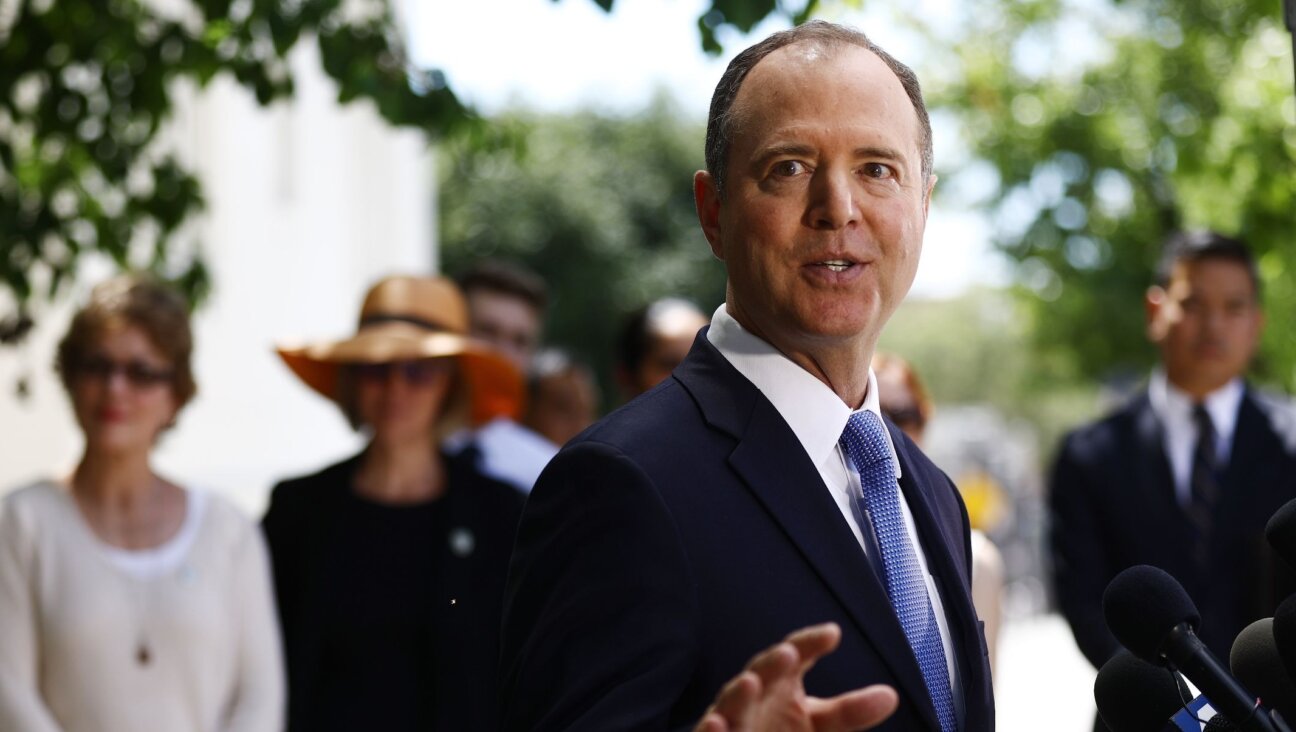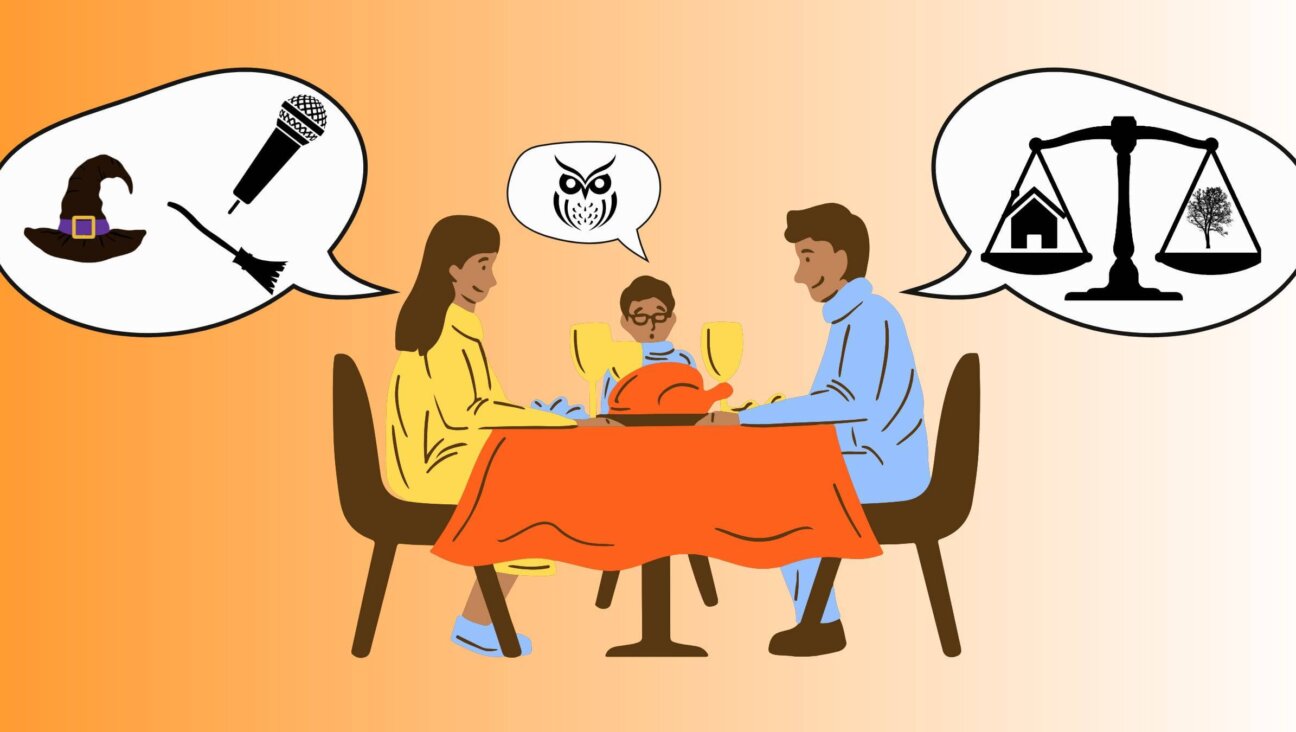Senators Demand Cuba Free Alan Gross

A bipartisan group of U.S. Senators has sent a letter to Cuban President Raul Castro urging the release of an American contractor jailed in Cuba for nearly three years, saying his detention is “a major obstacle” to improving relations.
The letter, signed by 44 senators, is the strongest appeal yet by members of Congress in the case of Alan Gross, who is serving a 15-year sentence for illegally setting up Internet networks in Cuba.
In the letter, the senators urge Cuba to release Gross, 63, on humanitarian grounds, saying he has lost 105 pounds (47.63 kg) since his arrest and suffers from degenerative arthritis and an untreated mass behind his shoulder.
“He also suffers from mental anguish because of separation from his family, several of whom have serious medical conditions,” the letter states, noting that his daughter is being treated for breast cancer and his 90-year-old mother has also been diagnosed with inoperable cancer.
Gross’ imprisonment has halted efforts by President Barack Obama to improve long-hostile relations between the two countries just 90 miles (145 km) apart.
“Mr Gross’s ongoing detention in your country presents a major obstacle to any further actions to improve our bilateral relations,” the letter states.
His wife, Judy Gross, said earlier this month she feared for her husband’s life because his health is deteriorating. Cuba has said, however, that his condition is “normal,” noting that he is being held in a military hospital and not a prison.
Gross’ lawyers have asked that an independent medical examination be conducted by a doctor of the family’s choosing.
The Gross family is stepping up the campaign for his release and recently hired a new lawyer with a track record of dealing with tough international cases.
“Alan’s family feels the Cuban government currently has no interest in negotiating his release,” Jared Genser, the attorney, said.
“Therefore, if the Cuban government wants to continue to detain him, it needs to understand that we are going to do everything necessary to shine a bright light on his failing health, their refusal to let him see his dying mother, and the injustice of his detention.”
Gross was arrested in Havana on Dec. 3, 2009, for his work in a semi-covert U.S. program promoting political change on the island. Cuba has said it considered the work to be subversive.
Gross said he was in Cuba to set up communications equipment to give Internet access to Jewish groups. A judge said that this activity was a crime against the Cuban state.
Cuba has said it proposed talks with the United States about resolving the Gross case but has received no response. Washington disputes this, saying it has a standing offer to discuss the matter.
Cuban officials have hinted that they would be prepared to swap Gross for five Cuban government agents, who received lengthy U.S. sentences in a 2001 trial in Miami.
Cuba feels the agents, known as ‘the Cuban Five,’ were unjustly convicted and have made their freedom a national cause, referring to them as the “Five Heroes.”
Washington has insisted that such a deal is out of the question, though U.S. officials said last year they had suggested a swap of Gross for one agent, Rene Gonzalez, who is out on parole in Florida, but Cuba turned it down.
The State Department expressed impatience last week with Cuba, saying it would not “negotiate” for the release of Gross.
“The Cuban government’s assertion that it is waiting for a response from the United States on a standing offer to negotiate the release of U.S. aid worker Alan Gross is not true,” the State Department said in a statement.
“We have repeatedly made clear to the Cuban government that we reject the notion of exchanging members of the so-called Cuban Five for an American citizen who the Cuban government has imprisoned simply for trying to bring Internet access to the Cuban people,” the statement said.
A message from our CEO & publisher Rachel Fishman Feddersen

I hope you appreciated this article. Before you go, I’d like to ask you to please support the Forward’s award-winning, nonprofit journalism during this critical time.
We’ve set a goal to raise $260,000 by December 31. That’s an ambitious goal, but one that will give us the resources we need to invest in the high quality news, opinion, analysis and cultural coverage that isn’t available anywhere else.
If you feel inspired to make an impact, now is the time to give something back. Join us as a member at your most generous level.
— Rachel Fishman Feddersen, Publisher and CEO






















